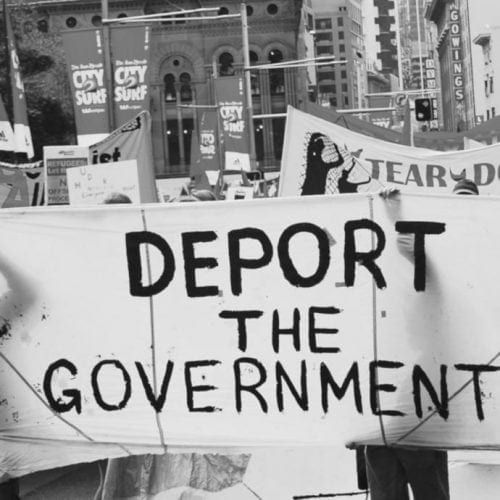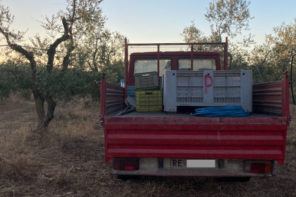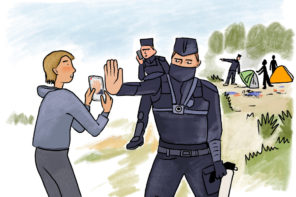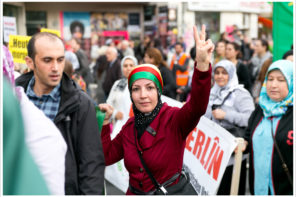Plenary B “Migrants, Refugees and Public Anthropology”, Andre Gingrich, Marie-Claire Foblets, Ruben Andersson, 16 August 2018
Notes on Migration Policies by Nila Jeep
In the front
they are sitting the three
talking about border security
in blossoming clothes
about Europe and the policies
big failures
of commissions and committees
deportations
frictions
and fractions
of human lives.
All the political lies
the systemical issues of the system
the far right
the unlikable other
the left
the maybe likeable other
positioning and re-positioning and de-positioning
telling their bubble
mumbling
stumbling
over no possible answers.
A Response, by Ruben Andersson
‘No possible answers’ sums up many of the problems haunting our tortuous migration politics, and it is a thought – it is fair to assume – that is not far from the mind of many of us working on migration and borders today.
At EASA, I tried to set out some of the frustrations scholars encounter as we alternately avoid, interact and clash with the policy world and its rather futile quest for swift ‘solutions’. In particular, irregular migration seems an intractable policy problem: no matter how tall fences we build, how many high-level conferences we convene, how much money we throw at the borders, it keeps coming back, stirring populist anger and fear.
Just as frustratingly, whatever scholars and critics say, the security apparatus keeps ‘stumbling’ from one crisis to the next, rehashing its old methods for keeping Others out. Meanwhile, decision-makers keep trying to hide the consequences of border security away from sight, amid depressed and desperate families locked into detention, in the deadly Sahara desert, or in camps set on the wrong sides of the global divides.
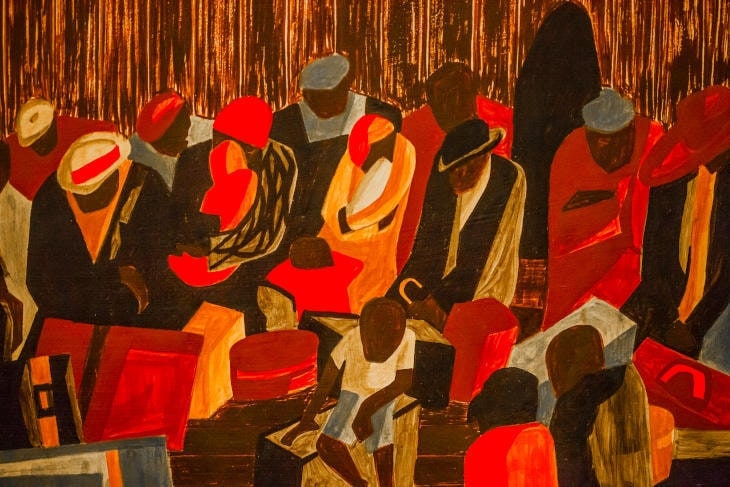
Photo by Thomas Hawk (flickr, CC BY-NC 2.0)
But this deterrence is in itself is a terrible ‘answer’ to the question of ‘what to do with migration’ – a question, moreover, that politicians themselves keep framing for their own short-term electoral ends. In the echo-chamber of migration politics, deterrence ‘works’ (for a while). Pushing risks, costs and suffering away from view lets politicians off the hook, while the perennial sense of ‘crisis at the borders’ keeps the deterrence cash flowing, the media entertained, and citizens alternately anxious and reassured.
In this line of policy, failure is the new success, we may say: and the fence can always stand taller.
Is there a way out? The answer is not to be found in the mumblings and stumblings of ‘commissions and committees’, where old wine is yet again being poured into new bottles (with proposals for refugee processing centres outside Europe; more crackdowns in Africa; sharper distinctions between ‘illegal migrants’ and refugees; and the like). There must be another way. We may start, for one, by revealing the systemic issues Nila weaves into her poem, to see how the current ‘answer’ falls short. We can do that, for instance, by comparing the ‘fight against migration’ with the long-running and deadly ‘war on drugs’, applying lessons learned from the latter as we seek to unmask the similarly brutal (and often futile) quest to ‘halt’ or ‘combat’ human movement.
But we must also put effort into reframing the question – and the ‘problem’ – itself.
Sadly, for the time being, too few voices dare take such a step at a time when borders are closing in and nationalism is on the march. But this time, too, shall pass. The game of ‘positioning’ may not be moving much for now, but a fundamental repositioning may still come. As in the struggle over other global issues, from climate change to drug politics, such a move requires a broad coalition to start pushing away from the current political frame – and so helping, perhaps, to put an end to the political game of mumbling and stumbling to the next ‘crisis’, and to the next election.
Featured image (cropped) by Newtown graffitti (flickr, CC BY 2.0)

